
Coming of age
Hardcore fans like Wang and Lin "are always the tip of the pyramid - they are few, but they lead the trend," Xie Yu, general manager of Beijing-based YASN International Exhibition Co, a co-organizer of China's largest car-tuning equipment show, told the Global Times Monday.
The Chinese car-tuning industry was largely dormant until a sudden expansion in 2009, when it was worth more than 30 billion yuan ($4.8 billion), up from 1 billion yuan in 2007. This was partly thanks to a rapid increase in car ownership, as well as easing of policy restrictions in 2008.
China announced a new motor vehicle registration regulation on October 1, 2008, which made it easier to get approval for modifications to cars' body color, engine and chassis.
The regulation fueled a boom in auto body color restyling, as well as interior modifications, said Xie. "Individual (car) culture has come of age, especially in places like Beijing, Guangzhou and Jiangsu and Zhejiang provinces, where second- and third-car ownership has become more and more commonplace."
In August 2012, YASN teamed up with German exhibition company Messe Düsseldorf to hold China's first car show dedicated to the tuning industry in Beijing. The three-day event attracted 242 exhibitors and over 10,000 visitors, said the company.
"By 2015, the output of the industry is expected to reach 140 billion yuan," YASN said in a research report sent to the Global Times Monday.
However, only 5 percent of the exhibitors were from abroad, the report said.
The Specialty Equipment Market Association (SEMA), a major tuning accessories trade body in the US, has long been lobbying the Chinese central government about opening up to imports of tuning accessories, but it has been turned down so far, said Xie.
Six ministries, including the National Development and Reform Commission and the Ministry of Industry and Information Technology, all have a say in the auto tuning market, but the biggest naysayer may be the Ministry of Public Security, which regulates road safety and vehicular registration, Xie said.
Another factor is that vehicle manufacturers in China refuse to publish specific details for their car parts, in order to dominate the after-sales market. As a result, there are no standards for non-original auto parts and there is a lack of willingness from the government to allow freer, legal auto refitting, Xie claimed.



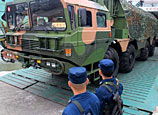
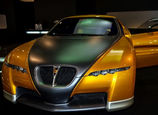
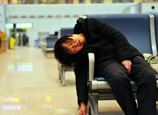
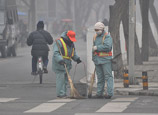

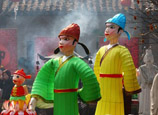

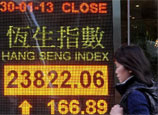







 Homecoming interrogations trouble young Chinese
Homecoming interrogations trouble young Chinese


![]()
